 More than a Market
More than a Market
Kieslich’s Market: Content Block 1
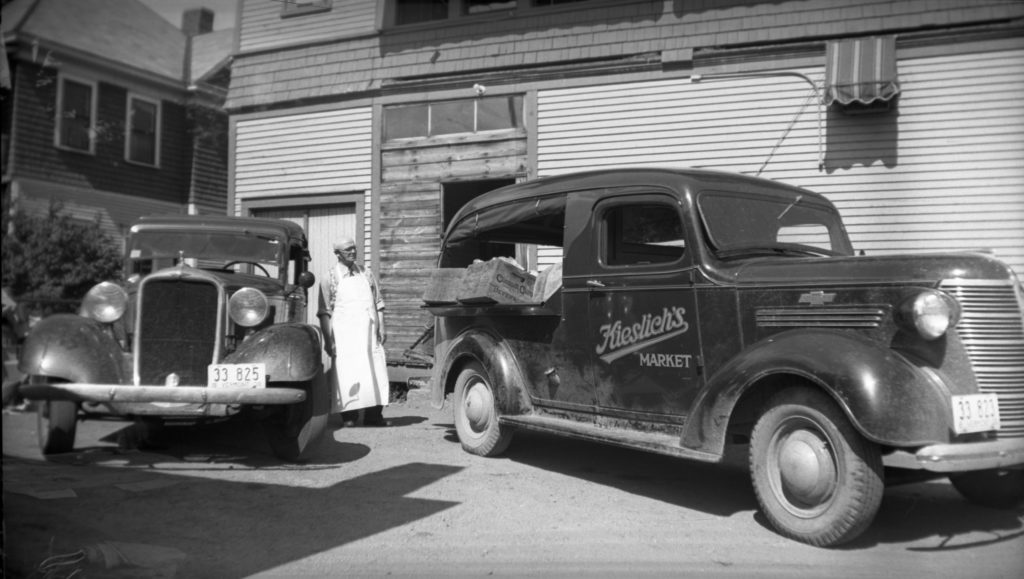
The Kieslichs were a prominent family of craftsmen and contractors in Burlington’s thriving German community of the late nineteenth and early twentieth centuries. So how did John Vincent “JV” Kieslich end up as a market proprietor? Perhaps it was his early work in local food businesses, first as a chef at the Hotel Burlington and Van Ness Hotel, and then as a clerk at the Burlington Fish Company. In 1911, he opened a small grocery store at 18 Ward Street, the beginning of fifty years of feeding the community.
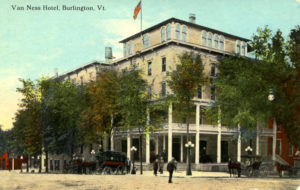
In the 1880s and 1890s, many German families left an uncertain future in Chancellor Otto von Bismarck’s unified Germany to join family in Burlington. Many put their skills in the building trades to work in a rapidly growing city. JV’s father, Robert, and his extended family arrived in 1883 and established a solid reputation as masons and plasterers. Robert’s brother, Albert, and partner Alfred Heininger established the Kieslich Construction Company in 1915. The company constructed numerous public buildings and private residences in the city and state.
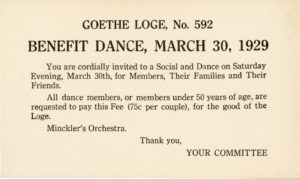
German families settled north of the city center along North Avenue and side streets, creating a close-knit community that also included French Canadian, Irish, and Jewish families. At the heart of the neighborhood on Crowley Street, residents built the Goethe or German Club, where the men would gather to drink beer and socialize. The club held picnics in summer for all members, dances, dinners, and holiday celebrations. Children eagerly awaited the Christmas party, featuring German songs and dances and a visit from Santa Claus.
In 1914, JV opened a much larger market at 203 North Avenue with a spacious apartment on the second floor for his family—wife Marie and sons Albert J., Arthur, and John F.

North Avenue, at the time, was on the outskirts of the city, with farmland stretching for miles north. From this location, the market served a loyal clientele that included not just the surrounding German community and wealthy people on “the Hill,” but seasonal visitors vacationing along Lake Champlain’s shores to the north. Rosenberg’s Market and Saiger’s Department Store (later, Colodny’s Public Market), both Jewish-owned, were only doors away on North Avenue.
Family and work life merged at Kieslich’s Market. JV’s three adult sons clerked in the market into the 1950s and beyond, and his grandchildren had responsibilities, as well.
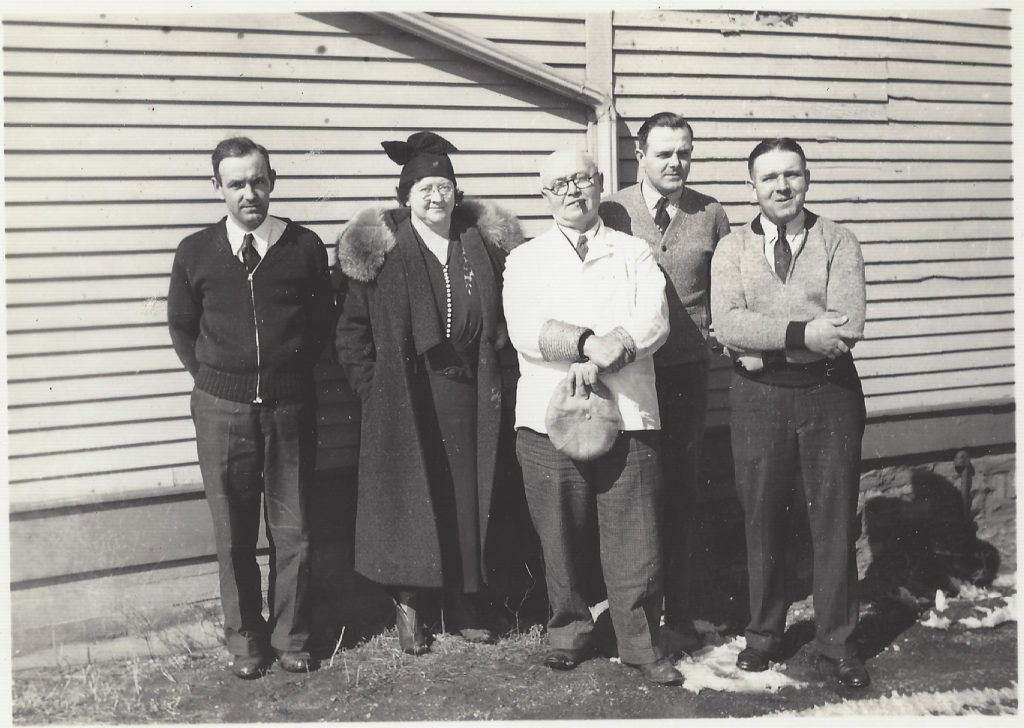
In 1960, Albert assumed ownership of the store following JV’s death. His son Dick worked by his side until the business was sold in 1983.
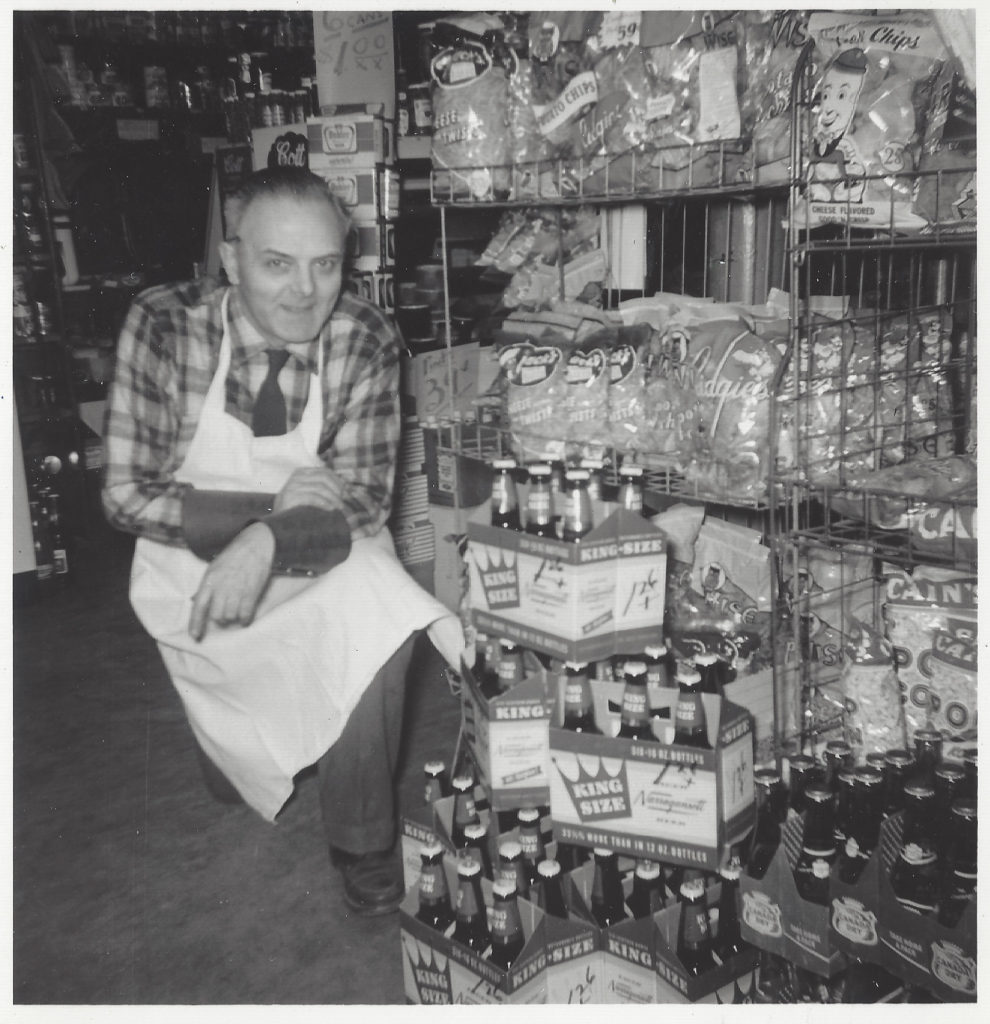
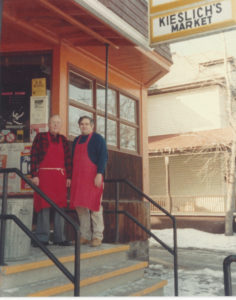
Eggs, vegetables, fruit, poultry, fish, dairy—Kieslich’s Market supported local farmers and food enterprises. Ice fishermen brought in smelt and perch to sell in winter, and local people provided honey and maple syrup for sale. Sister Marie Kieslich, Albert’s daughter, likens the network of local vegetable and dairy farmers, bakeries, and wholesale fruit and beverage companies to an extended family that “put it all together.” Even Gordon Paquette, mayor of Burlington from 1971 to 1981, delivered bread from Fassetts Bakery to the market.
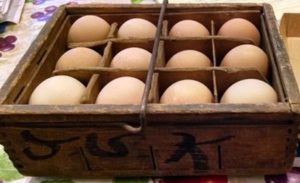
In the early years, Kieslich’s Market sold chickens from a coop in the backyard. Albert’s son Dick remembers collecting eggs in a large bowl that sat on the counter. Customers would carry their eggs home in a wooden box, which they returned to the store on their next visit. Potatoes and onions, purchased from a wholesaler, were delivered to the basement by chute, where the kids would bag them. Marie’s main job was sorting bottles for redemption, while her brothers worked in the store.